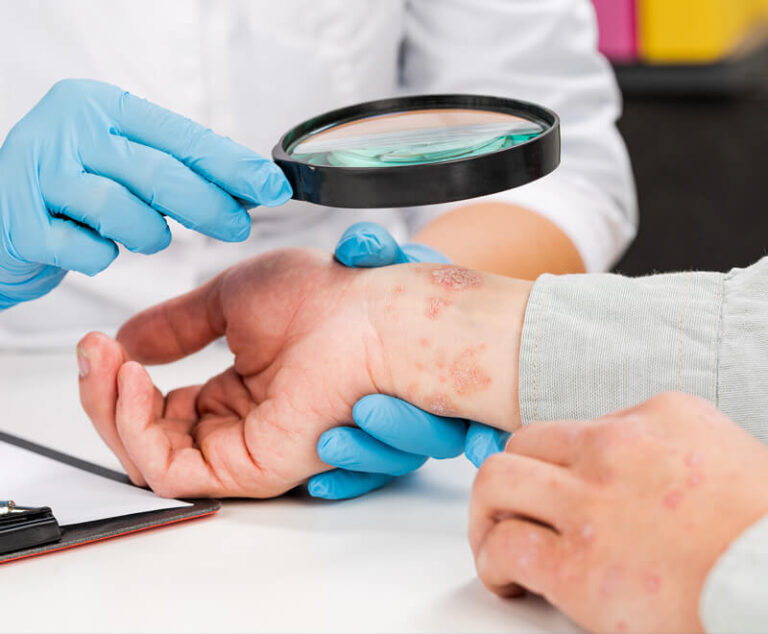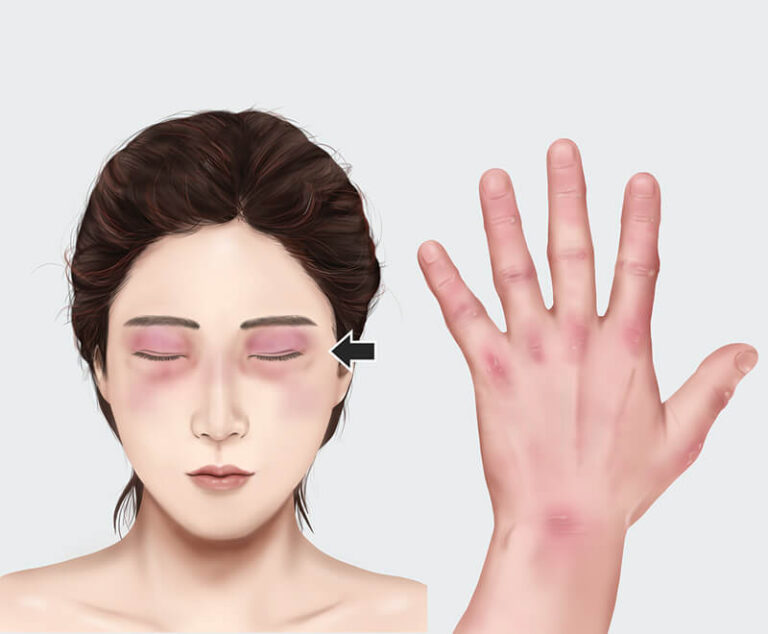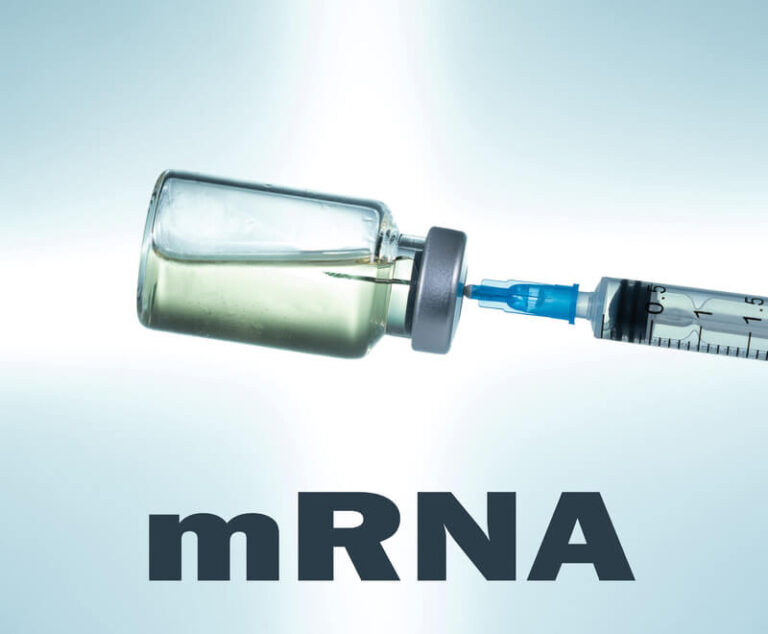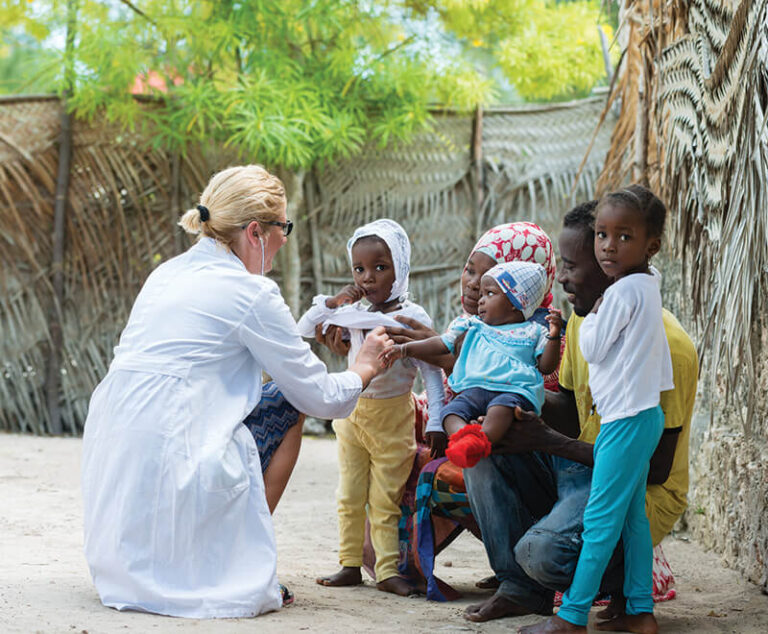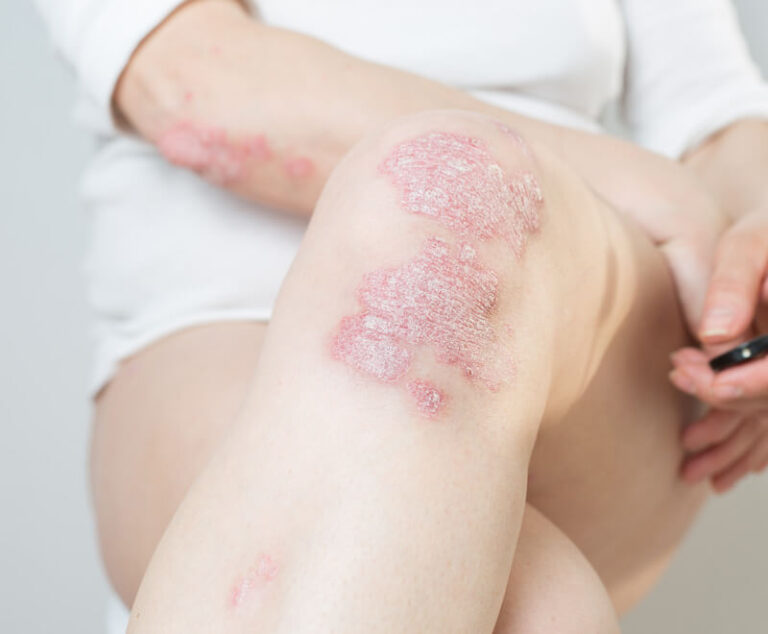Industry News
Research, Science & Manufacturer Updates
The U.S. Centers for Disease Control and Prevention released the 2021 data from the Behavioral Risk Factor Surveillance System, which are now available through CDC's easy-to-use web-based tool.
The U.S. Department of Health and Human Services has launched a National Biotechnology and Biomanufacturing Initiative to help drive research and development.
The U.S. Food and Drug Administration has approved Sotyktu (deucravacitinib), a once-daily oral pill by Bristol Myers Squibb, for adults who have plaque psoriasis (a chronic, systemic, immune-mediated disease) severe enough to make them candidates for systemic therapy and phototherapy.
A study evaluating intravenous immune globulin for the treatment of dermatomyositis has found it significantly improved patient outcomes.
Regen BioPharma has filed a provisional patent application covering utilization of dendritic cell technologies to augment efficacy of its patented mRNA cancer immunotherapeutic vaccine.
The World Health Organization has prequalified the first malaria vaccine, RTS,S/AS01 (also known as Mosquirix), manufactured by GSK, bringing it closer to reaching millions more children at risk of malaria.
A Phase III clinical trial has found tumor-infiltrating lymphocyte therapy, a new treatment for advanced melanoma, was more effective than ipilimumab, the lading existing therapy.
A study by researchers at Georgia State University's Institute of Biomedical Sciences has found a new universal flu vaccine has been found to protect against influenza B viruses that offer broad defenses against different strains and improve immune protection.
The U.S. Food and Drug Administration has approved Samsung Bioepis; Halima (adalimumab-bwwd) for the treatment of several autoimmune disorders, including rheumatoid arthritis, psoriatic arthritis, ulcerative colitis and Crohn's disease.
U.S. researchers have developed a new mRNA vaccine against cancer that delivers the drug directly to the lymphatic system and simulates a strong immune response.
U.S. scientists have developed a new genomic test that can predict a patient's risk of developing severe COVID-19, an advance that could help doctors quickly begin tailored treatment.
Results of a recent study shows Pfizer's experimental vaccine for respiratory syncytial virus is nearly 86 percent effective in preventing severe illness in older adults.


